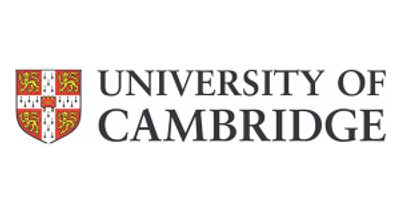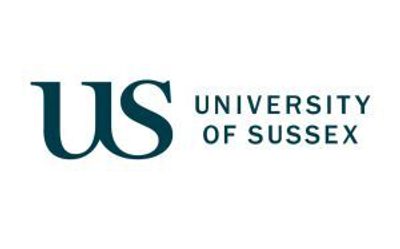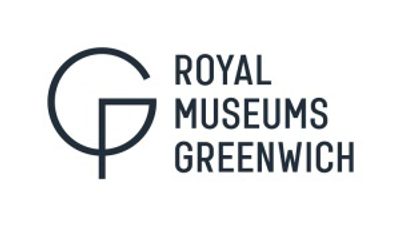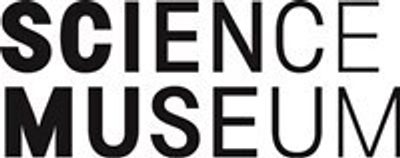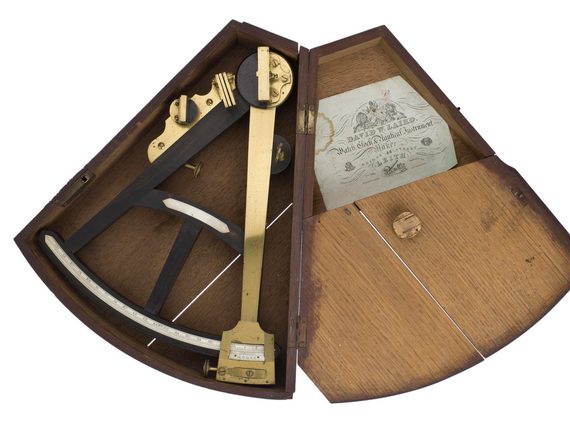
Tools of Knowledge
Tools of Knowledge is an AHRC-funded interdisciplinary research project based at the University of Cambridge, University of Sussex and National Museums Scotland (NMS), in partnership with Royal Museums Greenwich and the Science Museum.
Last updated: 17 May 2023
About the project
Scientific knowledge has helped shape the modern world, responding to and facilitating global exploration and commerce, the industrial revolution and medical understanding. While popular narratives celebrate famous discoveries and scientists, they usually overlook the makers of the technologies on which they relied. Scientific instruments embodied current knowledge and practice, both enabling and constraining our understanding of the world.
It is the stories of these artefacts, and of the men and women involved in the trade that produced them, during three and a half centuries, that the ‘Tools of Knowledge’ project will recover and share. ‘Tools of Knowledge’ will assemble a large volume of diverse data on scientific instruments and their makers, to which it will apply cutting-edge methods of digital analysis to produce new insights. The research is grounded in the existing Scientific Instrument Makers, Observations and Notes (SIMON) dataset, comprising more than 10,000 records on individual instrument makers and firms from Great Britain and Ireland.
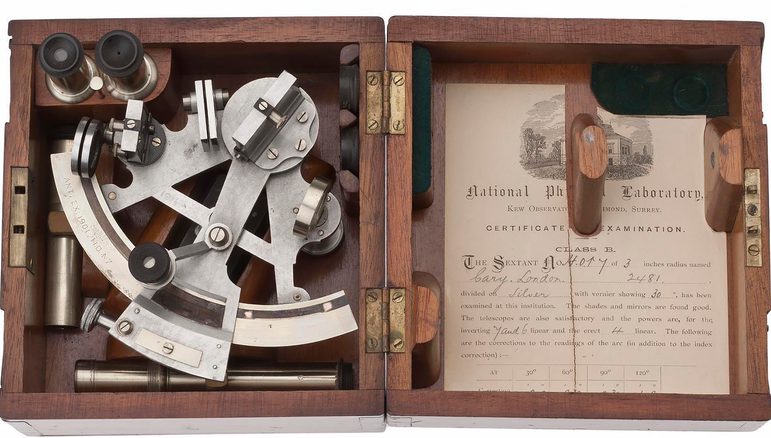
- Project title
Tools of Knowledge: Modelling the Creative Communities of the Scientific Instrument Trade, 1550-1914
- Project active
2021 - 2023
- Research theme
Collections and Collecting, Material Culture: Creation and Use, Digital Humanities
- Website
Contributors
Professor Liba Taub - Principal Investigator, to end of June 2023 - University of Cambridge
Dr Rebekah Higgitt - Co-Investigator, and Principal Investigator from July 2023 - National Museums Scotland
Dr Alex Butterworth - Co-Investigator - University of Sussex
Dr Boris Jardine - Co-Investigator - University of Cambridge
Dr Josh Nall - Co-Investigator - University of Cambridge
Dr Sarah Middle - Researcher - National Museums Scotland
Dr Duncan Hay - Research Fellow - University of Sussex
Matt Beros - Research Assistant - University of Cambridge
Denise Penrose - Administrative support - University of Sussex
To this will be added data from existing legacy databases, collections databases (including NMS and the Whipple Museum), metallurgical research, and material newly extracted from historical texts or generated using advanced digital methods. The aggregated data will be remodelled to create a knowledge graph that makes expert understanding of the meanings of this data explicit to users in a machine-readable form and enables linking across datasets. For the first time, information about people, places, practices, institutions, materials and objects will be accessible for study in combination and at scale.
Textual and visual interfaces, designed to allow the construction of complex and nuanced queries, will allow researchers to dynamically form and test new hypotheses about the relationship between different factors in the lives of the instruments themselves, and the development of the trade.
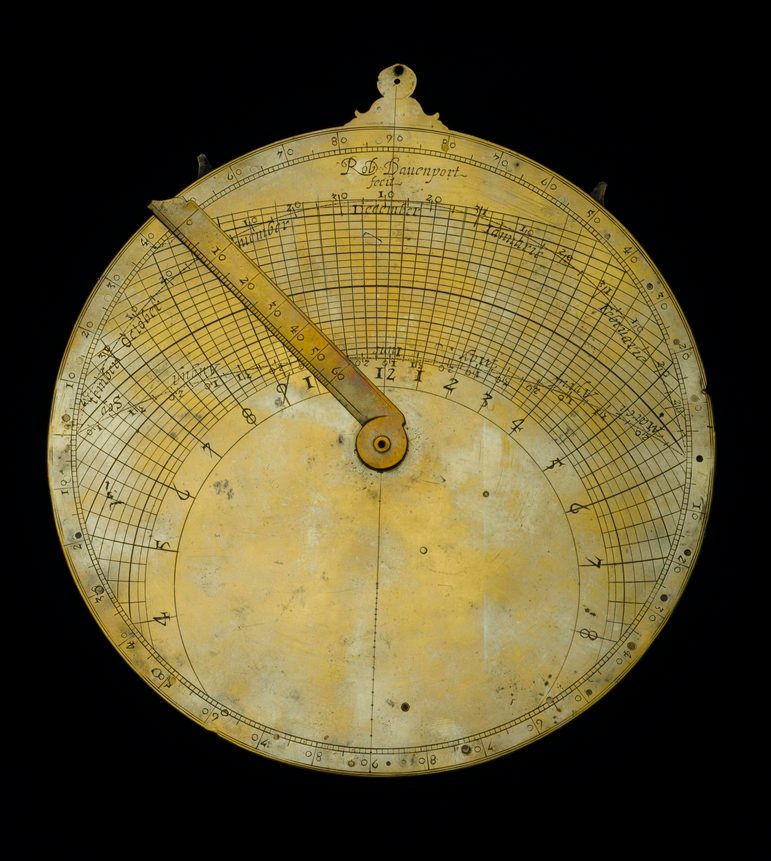
Project contact
Dr Rebekah Higgitt
